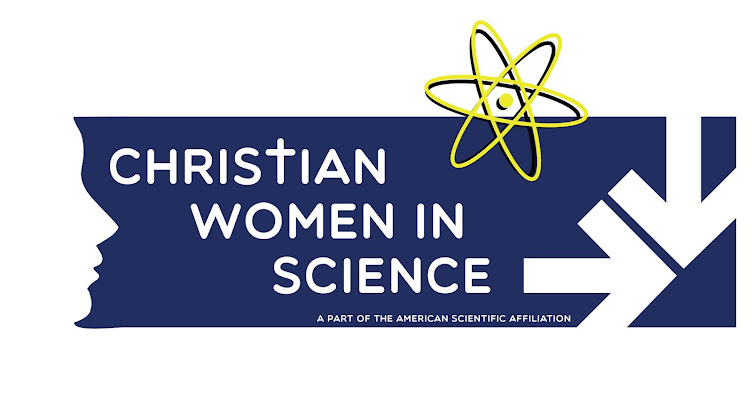Honey is full of proteins, but sugars in the sticky substance make those proteins hard to study. Now, one scientist has figured out a way to pull proteins from the honey, revealing the world bees encounter.
The biochemistry researcher Rocío Cornero of George Mason University in Fairfax, Va., is examining proteins in honey. Cornero described her unpublished work December 9 at the annual joint meeting of the American Society for Cell Biology and the European Molecular Biology Organization.
Amateur beekeepers often don’t understand what is stressing bees in their hives, whether lack of water, starvation or infection with pathogens, says Cornero, whose father kept bees before his death earlier this year.
Cornero says, “What we see in the honey can tell us a story about the health of that colony.”
Bees are like miniature scientists that fly and sample a wide variety of environmental conditions, says cell biologist Lance Liotta, Cornero’s mentor at George Mason. As bees digest pollen, soil and water, bits of proteins from other organisms, including fungi, bacteria and viruses also end up in the insects’ stomachs. Honey, in turn, is basically bee vomit, Liotta says, and contains a record of virtually everything the bee came in contact with, as well as proteins from the bees themselves.
Bees are like miniature scientists that fly and sample a wide variety of environmental conditions, says cell biologist Lance Liotta, Cornero’s mentor at George Mason. As bees digest pollen, soil and water, bits of proteins from other organisms, including fungi, bacteria and viruses also end up in the insects’ stomachs. Honey, in turn, is basically bee vomit, Liotta says, and contains a record of virtually everything the bee came in contact with, as well as proteins from the bees themselves.
Read more here.


No comments:
Post a Comment